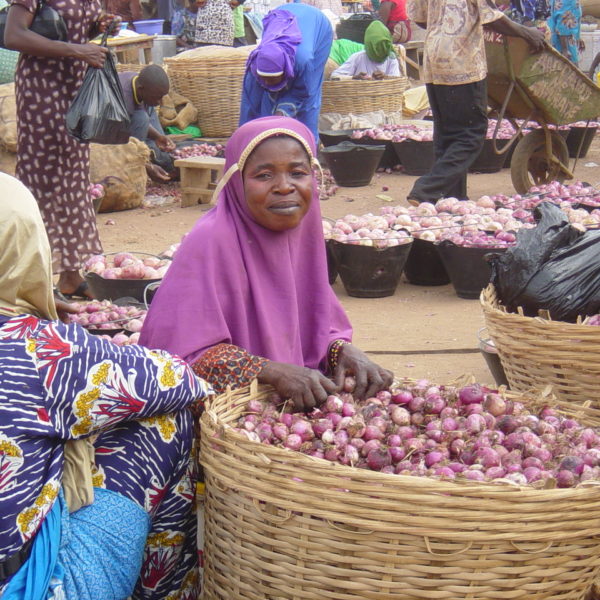CP Partners Deborah Rubin and Cristina Manfre co-authored the article, “Promoting Gender-Equitable Agricultural Value Chains: Issues, Opportunities, and Next Steps” recently published in an International Food Policy Research Institute (IFPRI) and Food and Agriculture Organization (FAO) co-edited volume, Gender in Agriculture: Closing the Knowledge Gap (2014). The collection represents a collaboration between IFPRI and FAO to continue the discussion initiated by the publication of the FAO’s publication of The State of Food and Agriculture 2010-11, Women in Agriculture: Closing the Gender Gap in Agriculture which documents current global statistics on women’s participation in agriculture and the gender-based constraints they often face. This new book identifies critical topics needing better data and analysis to gain a more nuanced and accurate picture of how women and men work separately and together in agricultural values chains. The chapters draw on research conducted by leading researchers in academics and development, many based in the Consultative Group for International Agricultural Research (CGIAR) centers who have been working on gender issues under projects such as the IFPRI and International Livestock Research Institute-led Gender, Agriculture, and Assets Project (GAAP), among others.
In their chapter, Rubin and Manfre review the theory and practice of gender and value chains, presenting the business, social justice, and development orientations that are commonly discussed in the field. Rubin and Manfre discuss how women enter the value chain not only as smallholder producers on family farms but also as wage workers and entrepreneurs engaged in input supply, processing, transport, and export. The chapter reviews some of the current debates about gender and value chains, e.g., whether focusing on women-dominated value chains helps to achieve gender equality or how expanding women’s participation in agricultural value chains can support food security and nutritional goals. Rubin and Manfre have worked together since 2008, developing the Integrating Gender into Agricultural Value Chains (INGIA-VC) methodology and also writing, with former colleague Kara Nichols Barrett, a manual on integrating gender into agricultural value chains for USAID under the Greater Access to Trade Expansion (GATE) project. CP recently completed a gender assessment of value chains in Malawi using the INGIA-VC methods.
The volume is edited by Agnes Quisumbing, Ruth Meinzen-Dick, Terri Raney, Andre Croppenstedt, Julia Behrman, and Amber Peterman and is available for purchase at Spring Publishing (http://www.springer.com/economics/development/book/978-94-017-8615-7).

